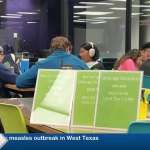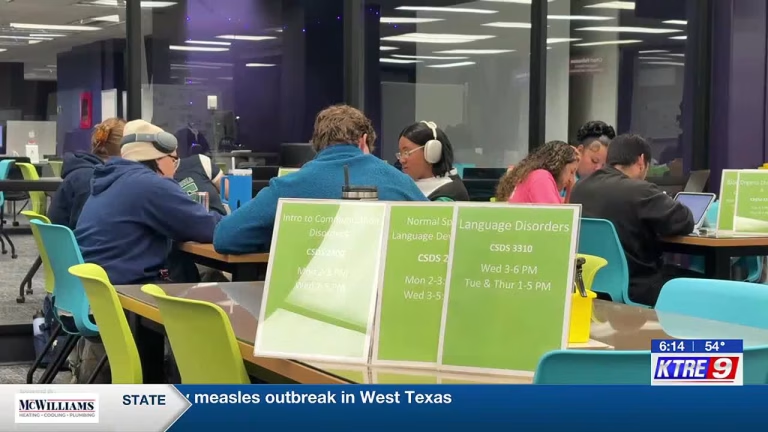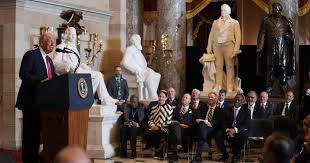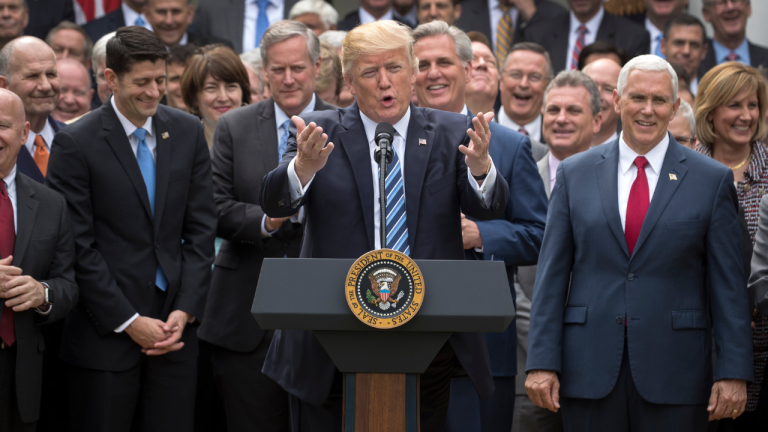A significant fraud scheme has been uncovered involving a New Jersey trucking company and the well-known home goods retailer, Williams-Sonoma. Jose Pena, a 46-year-old from Monroe Township, New Jersey, has been charged with conspiracy to commit wire fraud. He appeared in Newark federal court on February 5, 2025.
Details of the Scheme
Between June 2018 and September 2020, Pena operated a trucking firm that subcontracted with a national transportation and logistics company to provide delivery services for Williams-Sonoma in the New Jersey and New York metropolitan area. During this period, Pena and his co-conspirators overbilled Williams-Sonoma for more than $3.6 million in fabricated deliveries and services. In exchange for their participation, Pena provided lavish kickbacks, including cash, checks, a sport utility vehicle, and a Rolex watch.
Discovery and Continued Fraud
An internal audit eventually revealed the fraudulent activities, leading Williams-Sonoma and the logistics company to sever ties with Pena’s firm. However, in September 2021, Pena concealed his involvement in another trucking company that contracted directly with Williams-Sonoma. He continued to collaborate with his co-conspirators to overbill the company for fabricated deliveries through June 2024, resulting in nearly $1 million in additional losses.
Co-Conspirators’ Pleas
Two of Pena’s co-conspirators have pleaded guilty to conspiracy to commit wire fraud. Raymond DeLeon, 38, of Ridgefield Park, New Jersey, worked as an operations general manager for the logistics company and received over $200,000 in kickback payments. Cintia Elaxcar, 40, of Perth Amboy, New Jersey, served as a billing and dispatch manager for the same company and received over $435,000 in kickback payments.
Potential Penalties
The charge of conspiracy to commit wire fraud carries a maximum penalty of 20 years in prison. It is also punishable by a fine of up to $250,000 or twice the gain or loss from the offense, whichever is greater.
Williams-Sonoma’s Legal Challenges
This incident adds to Williams-Sonoma’s legal challenges. In April 2024, the company agreed to pay a record $3.17 million civil penalty for violating a Federal Trade Commission (FTC) order related to misleading “Made in USA” claims. The FTC found that Williams-Sonoma had advertised products as American-made when they were actually produced in other countries, including China.
Conclusion
The fraudulent activities involving Jose Pena and his associates have resulted in significant financial losses for Williams-Sonoma. The case highlights the importance of robust internal audits and vigilance in corporate partnerships to prevent such schemes. As the legal proceedings continue, the outcomes will serve as a reminder of the severe consequences of corporate fraud.
Disclaimer – Our editorial team has thoroughly fact-checked this article to ensure its accuracy and eliminate any potential misinformation. We are dedicated to upholding the highest standards of integrity in our content.

























+ There are no comments
Add yours